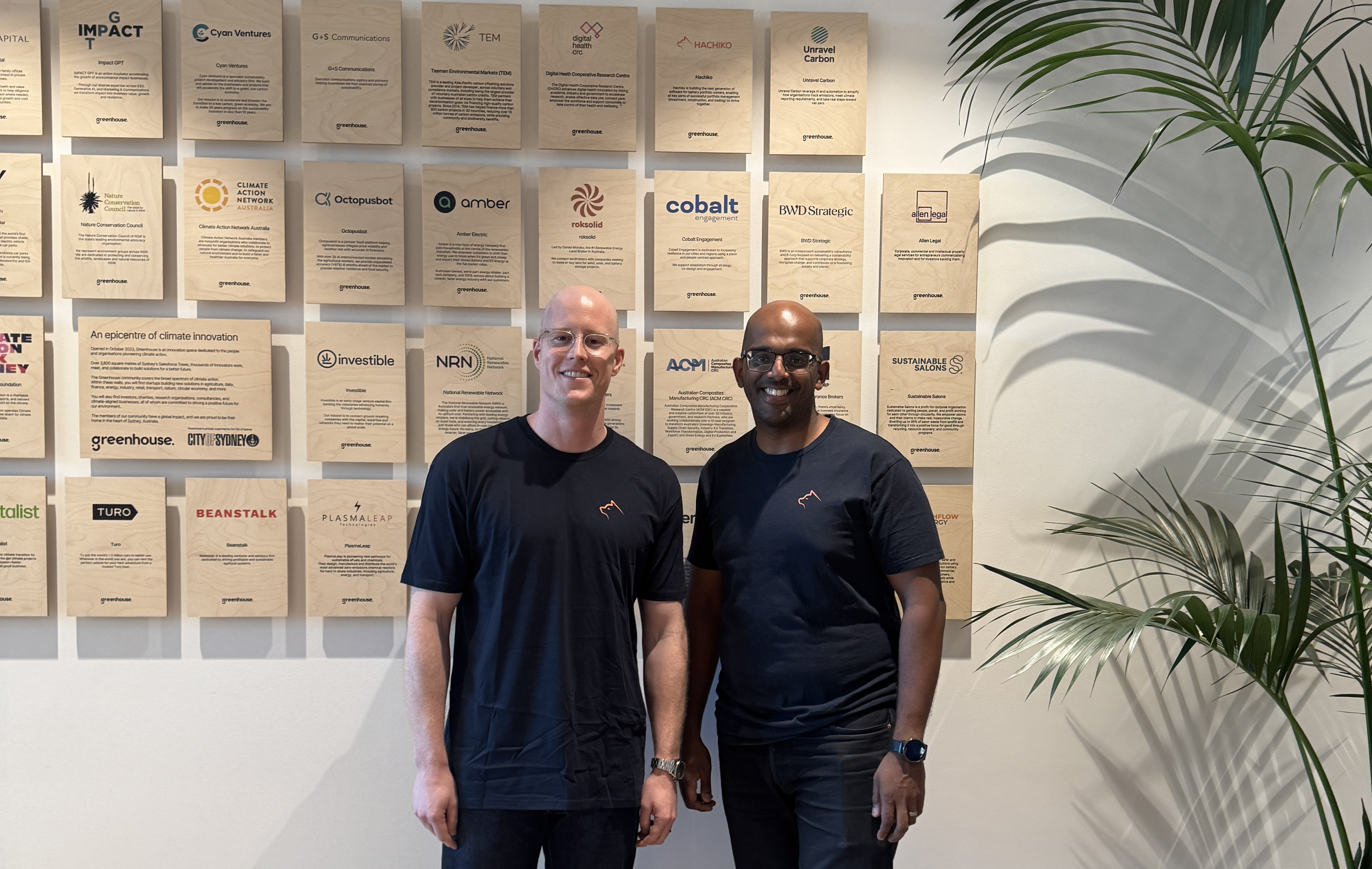
That’s where one of my favourite growth strategies comes in: The Board of Advice.
A few weeks ago, I spoke with Andy Edwards of GeoSnapShot, one of our portfolio founders. Andy spoke about his company’s global expansion, how they just opened an office in Denver, and what it felt like to see his platform surpass 15 million listed photos. It was inspiring, especially after he attributed much of this success to his board of advice, formed just over two years ago.
GeoSnapShot’s board was incubated by a program we designed to bring diversely experienced advisors into the inner circle of his business. Early-stage startups are often striving towards lofty goals while running at capacity. Bringing in outside expertise to shine a light on new pathways and help frame decisions with industry perspectives clears the way for good business decisions.
Why a Board of Advice?
A lot of founders, Andy included at first, are sceptical about the idea. Concerns of making their job more difficult or feeling like a ‘big brother’ is watching over their shoulder are very reasonable worries.
The penny dropped for Andy when we introduced the group to Will Davies, the founder of Car Next Door (now acquired by Uber), to share his experience using a board of advice over five years. He began to see opportunities: board advisers opening doors, helping negotiate deals, and navigating difficult strategy decisions.
He saw high quality capital, employees, and customers start to reach out.
Startup founders don’t have much free time. The last thing we want is to waste it. To make the effort worthwhile, we’ve put together our top ten insights to make the process as efficient as possible.
How to Run a Board of Advice?
Every company is different and, as a founder, you should find the formula that works for you. To kickstart the process, Investible has built a colour-by-numbers guide for running a successful board. As with all guides, take the licence to paint outside the lines.
Here are ten key insights to running a successful board of advice:
1 - Clear Objectives & Purpose
Be clear on the objectives and purpose for your board of advice. What are you aiming to achieve? Be specific and clear with your focus.
2 - Core Competencies & Composition
Carefully consider the core expertise and composition of your team and recognise the support you need right now might differ from your future needs.
3 – Recruitment
Take time to draft a role description for the core expertise needed. These descriptions can be incorporated into the terms of reference or charter for advisers. Consider having someone of credibility chair the advisory board. This will also help attract the right type of people.
4 - Time Commitment & Scheduling
Meet regularly for at least the first six months. Once you are established, you will likely change the cadence to bi-monthly or quarterly. Establish your policy on the format of meetings - physical or virtual or a combination.
5 - Remuneration
By all means, trial advisers without paying them, but once they have proven their value you should start to pay them in fees, equity or both.
6 – Onboarding
Clearly outline the role and expectations of an adviser in a formal legal agreement (terms of reference or charter). You should commence the relationship with a clear understanding that the company’s needs will likely change over time and you expect to refresh the board makeup periodically.
7 - Profile/Network
Be specific on how you feel an adviser’s network can be leveraged to assist the business. Get the adviser to feel proud recommending your company by involving them in company achievements and social functions.
8 - Reporting & Meeting/Board Pack
The extent of reporting will depend on the core objectives of the advisory board and will likely differ from the formal governance requirements. If you are prepared and set a high bar, your advisors will approach the role with more professionalism and be able to add more value faster.
9 – Agenda
Construct your agenda with a combination of proactive items and reactive items. The role of the board is to support the CEO with decision making so include three decisions shaped as affirmative questions (eg should we raise a Smaller Bridge Round now or wait for a full Series A round in September) to ensure that clear outcomes are achieved.
10 - Actions/Minutes
The action items from your meeting are the key output. If the one-pager of actions is a powerful list that didn’t exist before the meeting, then the process has been worth it.
In short, if you are a startup founder and haven’t yet formalised a board of advice, you should put it high on your priority list. One connection or well-considered insight could be the difference between 10x’ing your business or plateauing your way to obscurity alone.
If you’re keen to stay across any upcoming programs or workshops, make sure you sign up to the Investible community newsletter here.







